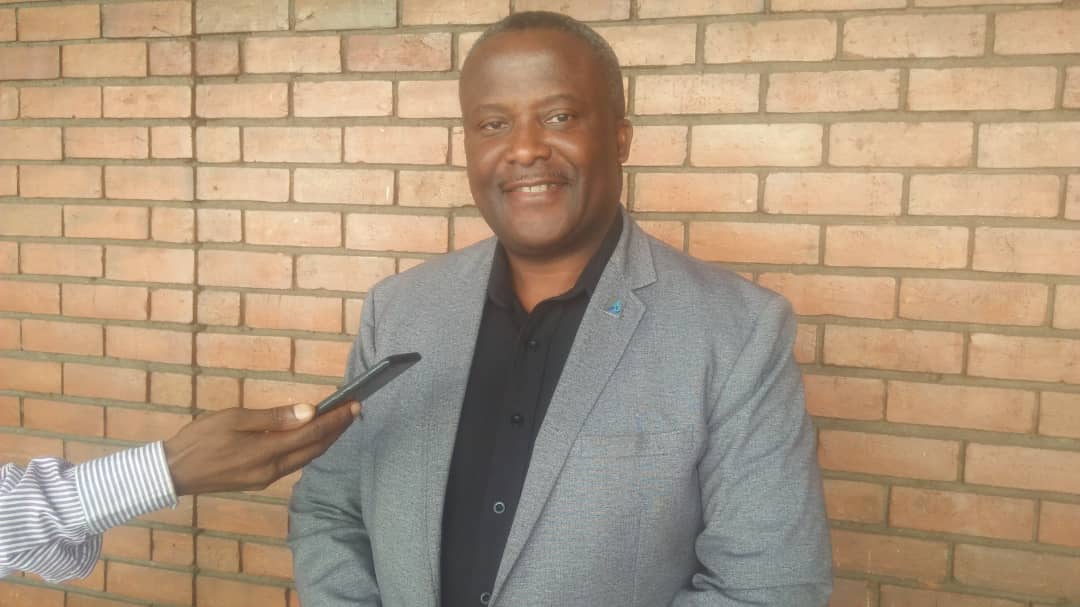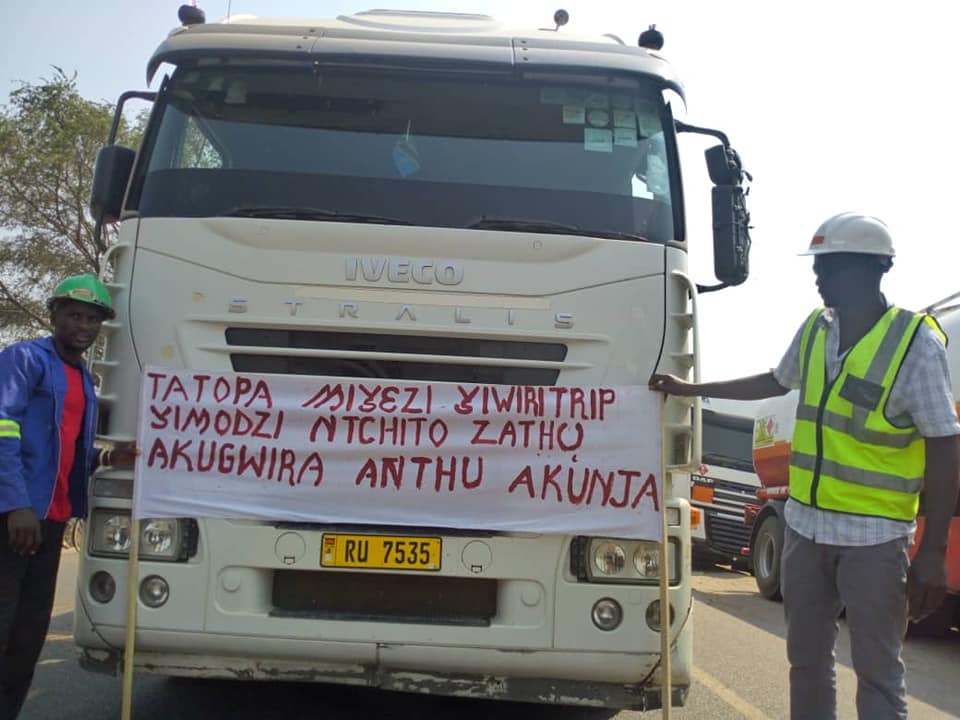By: Steven Godfrey Mkweteza
Japan International Corporation Agency(JICA) says it is impressed with the interventions taken by the country’s water utility boards in reducing the non -water-revenue challenges.
Assistant resident representative for Jica Malawi office Kenta Mikami said this in an interview on Wednesday in Blantyre during the two day long workshop aimed at assisting water providers to improve on service delivery.
Mikami said since his agency started offering technical and financial support towards addressing non-water revenue losses in water utility boards in the country, there have been notably some significant improvements in service delivery.
“Malawi has probably been one of African countries over the past decades with a high challenges of non -water-revenue loss.This have been frustrating water supply in water boards. However, our support has seen a great change so far,” he said.
Mikami observed that the non -water-revenue loses have been negatively impacting the water boards to effectively executing their work and extend the water supply services to other areas within their jurisdiction and surrounding areas.
“The water boards have been failing to cover the operating expenses including the energy costs, which have usually been high. This problem has been due to the loss of money from repairing broken pipes,”‘ he said.
According to him, it took 60 years for Japan to rectify challenges of water quality infrastructures, leakages and inefficiencies in water networks.
“‘Therefore, our main goal is to build capacity in water sector so that we can improve service delivery and share best practices on how we due in our country to address the challenges,” he said.
In a separate interview, the chief executive officer for Blantyre water board(BWB) Dr Robert Hanjahanja hailed Jica for its interventions, which he said has helped to curb the non-water revenue challenges in Blantyre.
Hanjahanja said the interventions have helped Blantyre water board to reduce the non -water-revenue loss to almost 46 percent.
“This is probably normal though it is high as compared to the other water boards, ” he said.
Hanjahanja said the board has been replacing old and broken pipes and instituting the anti-vandalism mechanisms as some interventions to address the non -water-revenue loses in the city.
According to Hanjahanja, Blantyre water board has been losing an excess of over Mk500 million monthly to non -water-revenue challenges.
He added that at least over Mk90 million have been spent monthly in repairing broken pipes.




